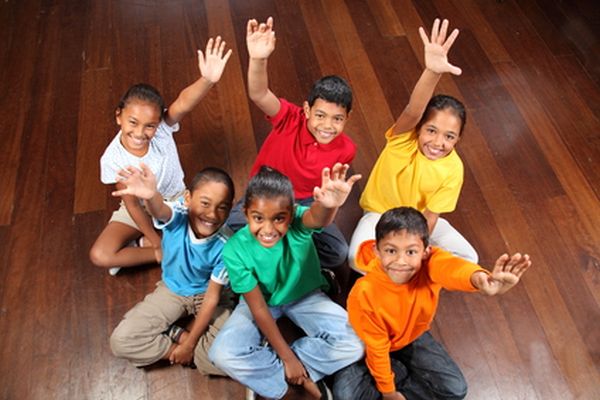
By going to a Montessori school, children can develop empathy and strong social skills. Unlike other schools, children in Montessori programs are grouped with students from multiple age brackets. Because of this, our students become better mentors for younger kids. They also get better at taking advice from older students. All of these interactions help to improve the child’s social skills and empathy.
Developing Empathy
On the first day of school, many students are lacking in empathy and social niceties. Like most emotions and talents, it takes effort to learn empathy. Montessori schools deliberately create lesson plans that help students become more empathetic.
When children are small, they are fairly egocentric. Infants are naturally focused on personal needs, like needing food, milk or a nap. As children grow up, they have to be taught to think about the needs of others. At Montessori schools, teachers teach and model empathy, kindness, love and similar virtues.
Initially, we teach empathy by helping students understand their own feelings. We may ask how the student is feeling or suggest a specific emotion they may be experiencing. By identifying and naming their personal feelings, students can learn how to identify the same feelings in other people.
When we notice a student is feeling upset or angry, we help them define that feeling. Then, we provide the student with a solution. Over time, students become more in touch with their emotions. This is important because empathetic children are better at compromising with others and listening to their peers.
Learning Social Skills
At Montessori schools, we also help students learn new social skills. Humans are not naturally born with good manners and empathy. Instead, they are taught these skills by the people around them.
Initially, we may also work with students on greetings. When children start school, they may feel anxious or afraid. Because of this, we think it is important to model confident greeting behaviors. Teachers will greet the student by shaking hands and looking the student in the eye. If the student is feeling too anxious to respond, we back off so that they can naturally learn social skills as they become more comfortable in a school setting.
Another way we help students develop social skills is by teaching them their manners. We help students learn how to ask for permission when they want something. Gradually, students learn how to follow directions and to listen without interrupting other people. Over time, our students get better at sharing and taking turns. When there is a disagreement, we help students quietly discuss the conflict.
At Austin Children’s Academy, we believe in helping students develop emotionally and socially. Each day, students get to practice their social skills in the classroom. To learn more about how we help students with social skills, kindness and empathy, call us today.






















